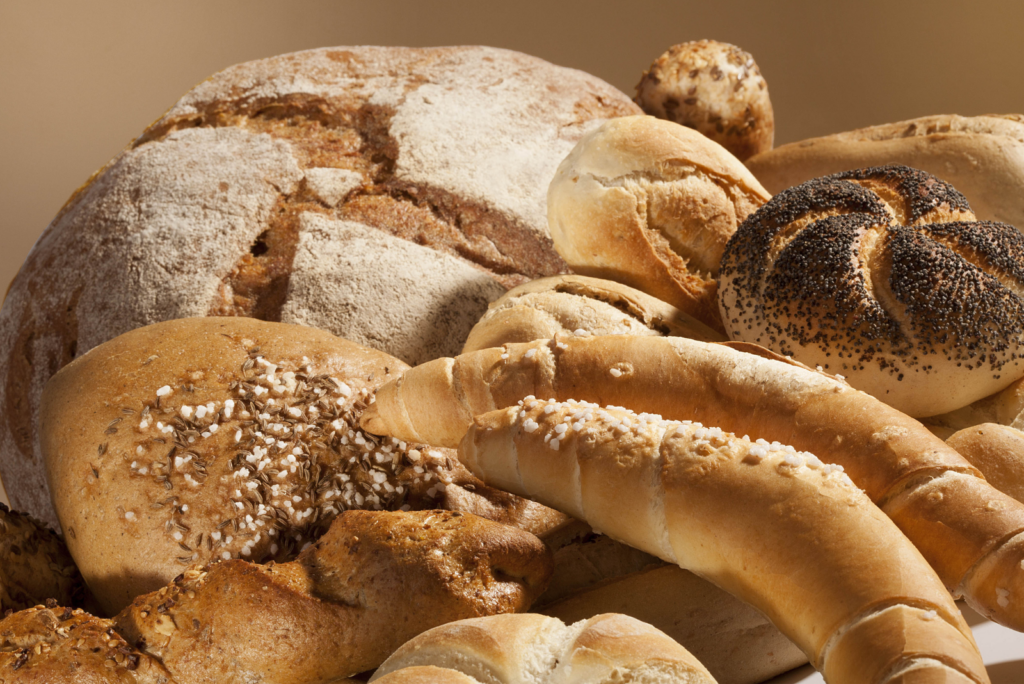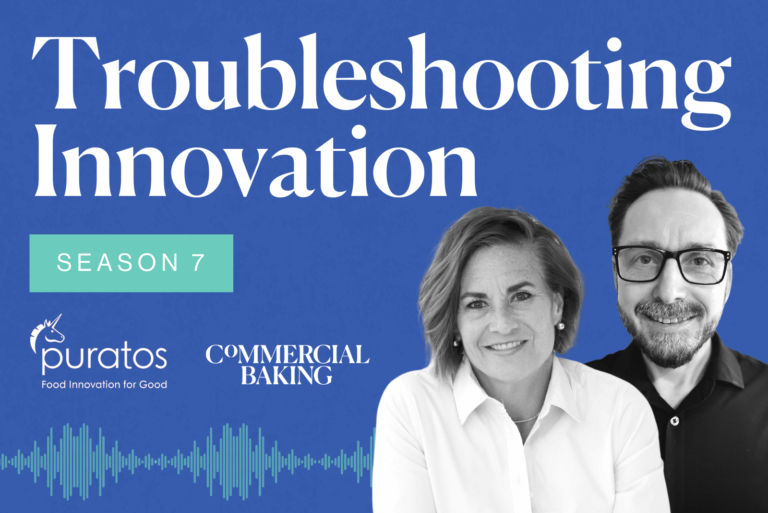KANSAS CITY, MO — In the past year, because of inflation, eight out of 12 meals were made in the home, according to data from Circana, and bakery plays a significant part in that experience. According to the American Bakers Association (ABA)’s Life Through the Lens of Bakery 2022 report conducted by 210 Analytics, 68% of meals that include baked items are prepared at home. Yet consumers feel like they’re already saving money because they aren’t going out to restaurants or ordering takeout.
“People started to think, ‘I might buy this bread that feels a little bit more like an Italian loaf and makes my sandwich that much better, or I might buy this artisan bread that makes my toast much more interesting because at the end of the day, it’s still cheaper than buying avocado toast at a restaurant,” said Jonna Parker, principal, fresh foods at Circana.










